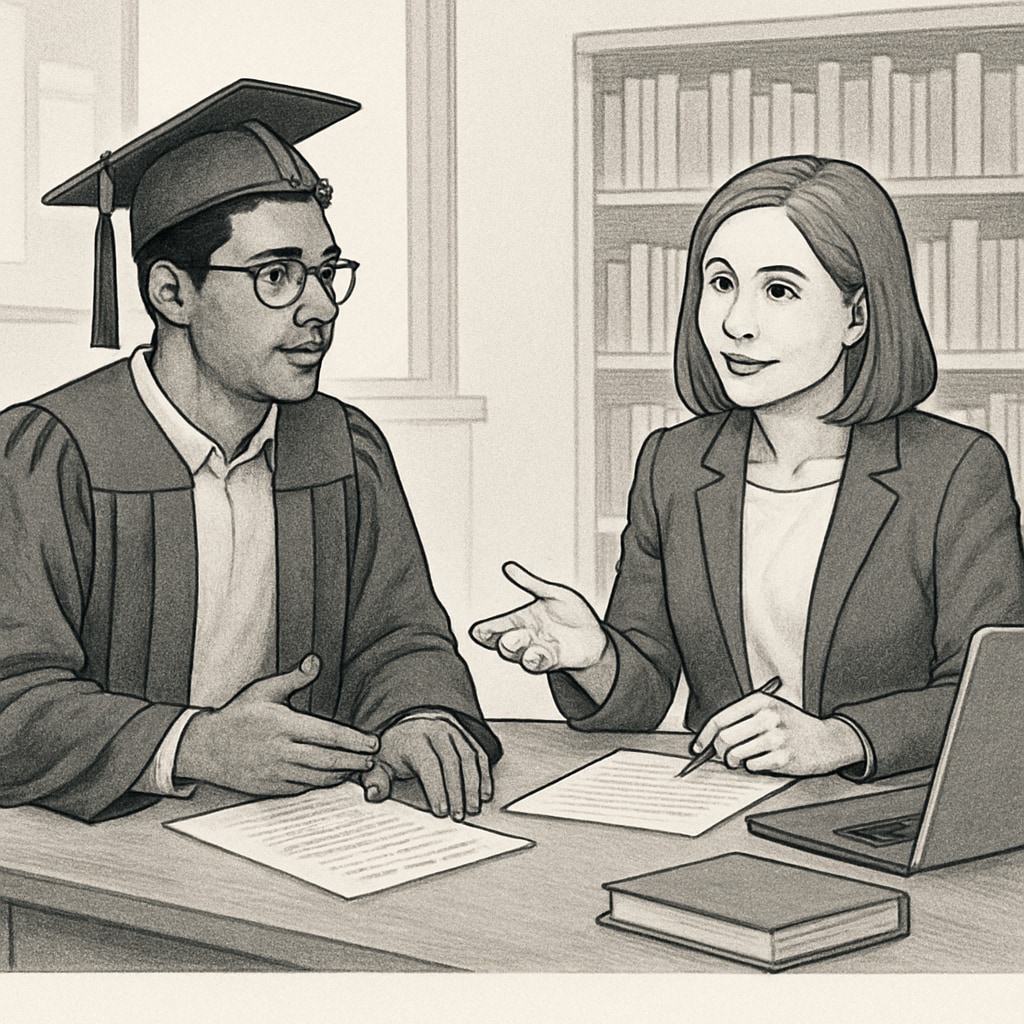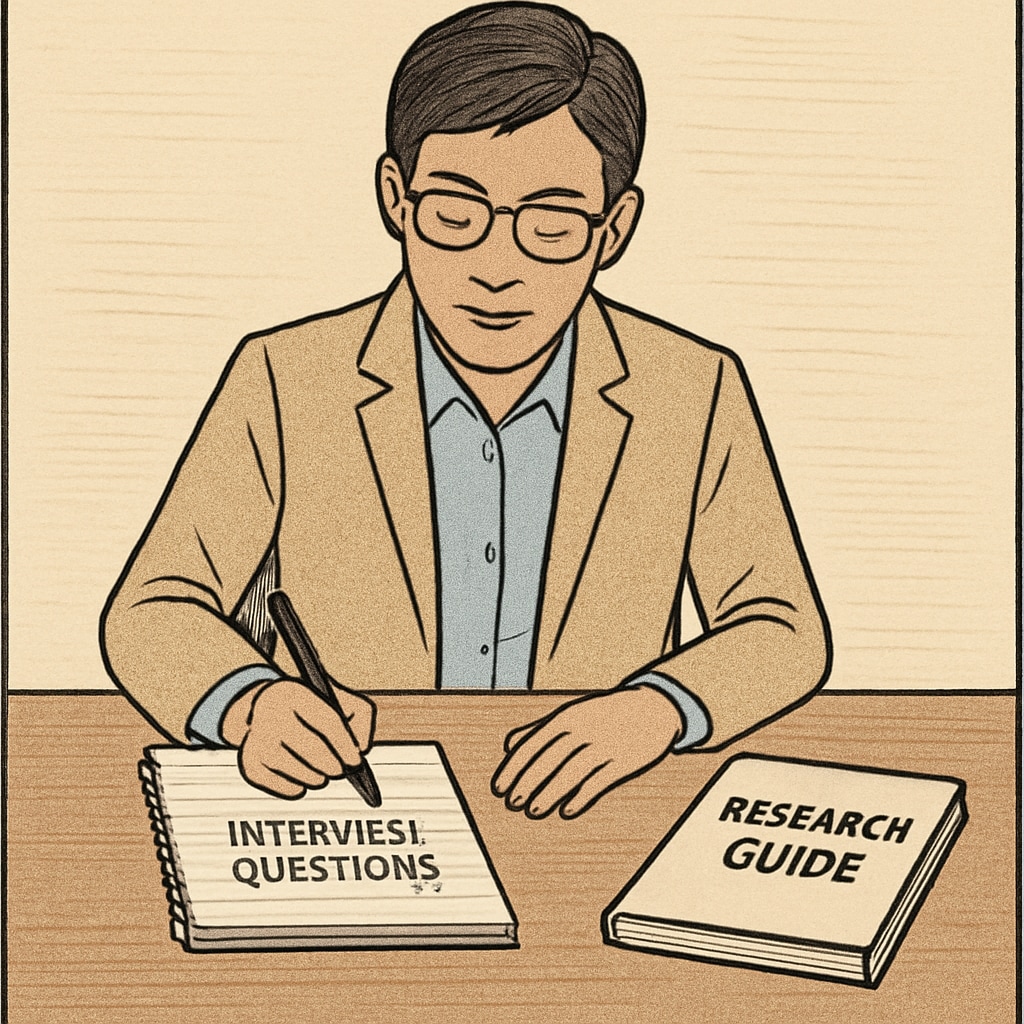Interviewing school counselors for academic research can be a crucial yet challenging aspect of a graduate student’s study. The process, often embedded within the broader framework of a research assignment, frequently encounters systemic barriers. These barriers not only hinder access to valuable insights from frontline educational professionals but also create significant obstacles in completing research projects effectively. This article delves into the common challenges faced by students and provides actionable strategies to overcome them.
Understanding the Barriers: Why Are School Counselors Hard to Reach?
School counselors play pivotal roles in shaping students’ academic and personal development. Their unique perspectives are invaluable to education-focused research. However, graduate students often struggle to secure interviews with these professionals due to several factors:
- Time Constraints: Counselors are often overwhelmed by their daily responsibilities and may find it difficult to allocate time for interviews.
- Institutional Gatekeeping: Schools may have strict policies requiring administrative approval before granting access to staff for external research.
- Miscommunication: Lack of clear communication or poorly formulated outreach strategies can lead to misunderstandings about the purpose of the interview.
Understanding these barriers is the first step toward developing effective solutions.

Practical Strategies for Graduate Students
To address these challenges, graduate students can adopt several practical strategies to improve their chances of successfully interviewing school counselors:
- Craft a Professional Outreach Message: Clearly explain the research purpose, its relevance, and the expected time commitment. A succinct and professional tone can help establish credibility.
- Leverage Institutional Connections: Approach professors or academic advisors for introductions to school administrators who may facilitate access to counselors.
- Offer Flexibility: Be willing to schedule interviews at times convenient for the counselor, including after hours or during breaks.
- Secure Administrative Approval Early: Contact the school administration to understand their policies and obtain necessary permissions before reaching out to individual counselors.
By implementing these strategies, students can better navigate the hurdles of accessing school counselors for interviews.

Balancing Professionalism and Persistence
While persistence is essential, maintaining professionalism is equally important. Graduate students should avoid being overly assertive or demanding, as this can alienate potential interviewees. Instead, respectful follow-ups, combined with a clear demonstration of the research’s significance, can create more productive interactions.
For example, citing established studies or frameworks in the outreach message can highlight the academic importance of the interview. Additionally, offering gratitude and recognition for the counselor’s expertise can foster goodwill.
Looking Ahead: Systemic Improvements
Beyond individual efforts, systemic changes are needed to streamline access to school counselors for research purposes. Educational institutions could consider implementing open-access frameworks, where counselors are encouraged and supported to participate in academic studies. Similarly, universities could establish partnerships with schools to facilitate smoother research collaborations, benefiting both parties.
Organizations such as the American School Counselor Association and National Association for College Admission Counseling provide excellent resources for understanding the broader role of counselors in education. Leveraging such resources can further enhance research efforts.
In conclusion, while interviewing school counselors for academic research presents various challenges, adopting strategic approaches and advocating for systemic improvements can significantly ease the process. Graduate students should remain persistent, professional, and proactive in their efforts, ensuring that their research captures the invaluable insights of these educational professionals.
Readability guidance: Use short paragraphs and lists to summarize key points. Maintain a balance between active and passive voice. Include transitional words for smoother flow.


